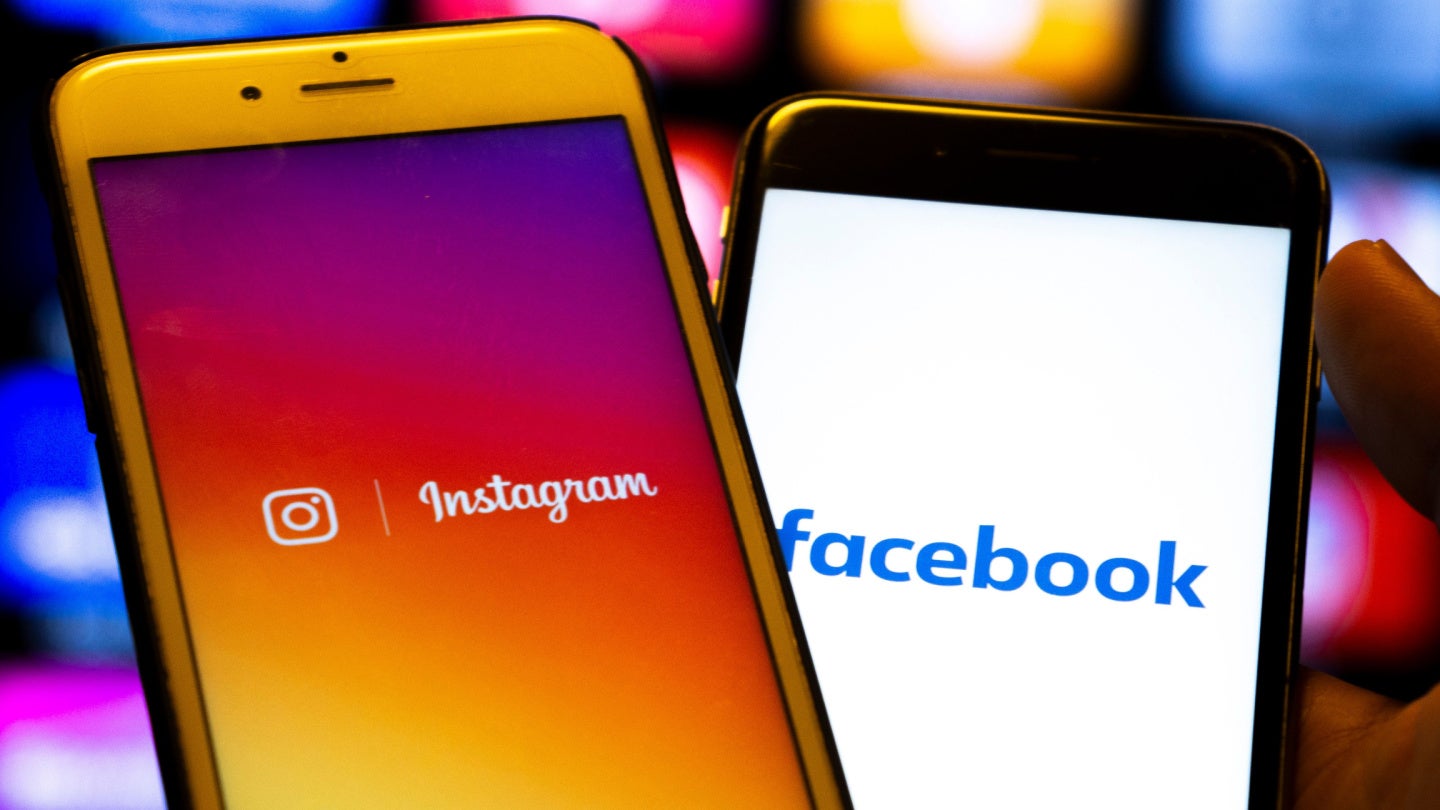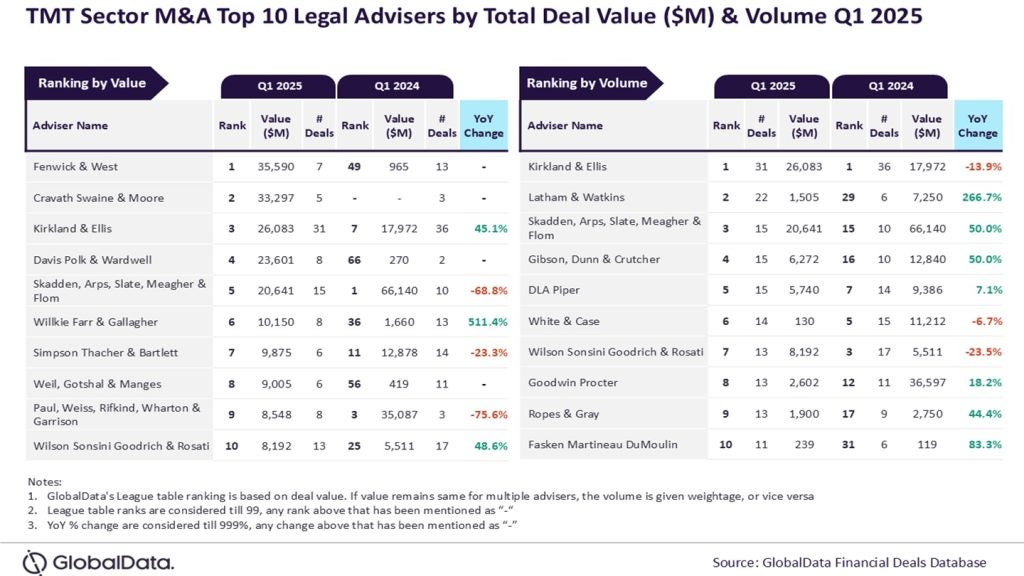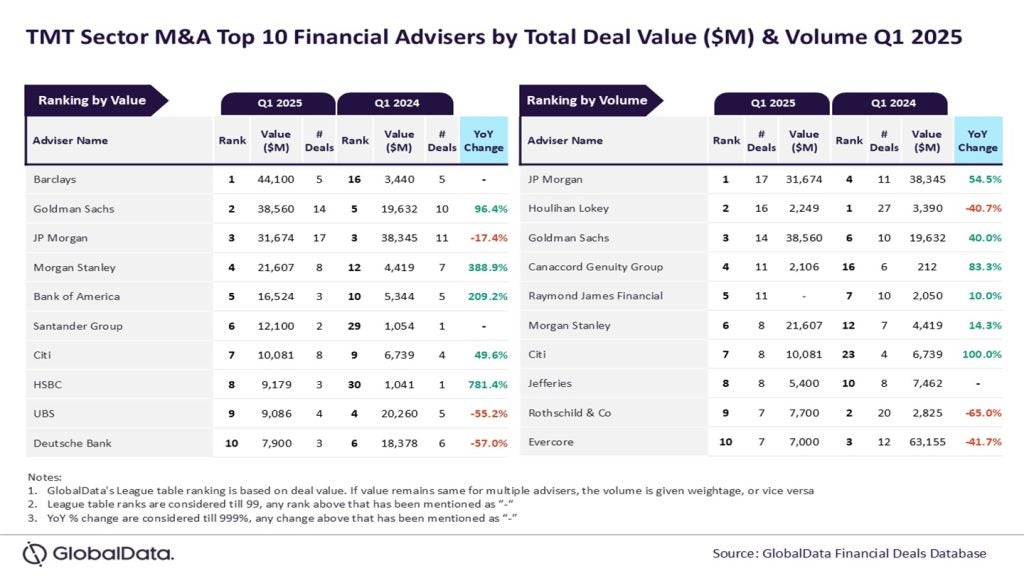
Meta has announced that it will begin labelling AI generated images on its social media platforms Instagram, Threads and Facebook.
In a statement, Meta explained that its labelling was an attempt to guard against misinformation, explaining that many social media users come across AI generated content for the first time without realising that it is not real.
Meta stated that it wants to create transparency for its users around the use of generative AI technology.
While realistic looking images generated by Meta’s AI feature are already labelled as “Imagined with AI”, Meta has stated that content created by other companies’ tools will also now be labelled.
Meta stated that it has been working with AI companies to create common technical standards for AI generated content so that AI generated images can be flagged once they are posted on Meta’s sites.
Labels will appear in multiple languages on all of Meta’s social media platforms and Meta stated that it is also conducting consumer research into the level of transparency social media users want.
Meta is not the first company to begin labelling AI content.
In August 2023, Google debuted a new watermark software for AI content. This included a visible watermark letting the user know that the content is AI generated, alongside an invisible watermark within the picture itself which remains visible even if the content is cropped or edited.
Google similarly stated that it had created this technology to ensure safe and ethical usage of AI.
Many AI generated images, or videos, have gone viral online with users first believing that the depictions are real. Although these viral images are often soon debunked, there is concern about the use of generative AI in scams and fraud.
In its 2023 thematic intelligence report into cybersecurity, research and analysis company GlobalData forecasts that the cost of global cybercrime will soon reach $10trn by 2025. In response to this, cybersecurity revenues may reach over $300bn globally by 2030.







